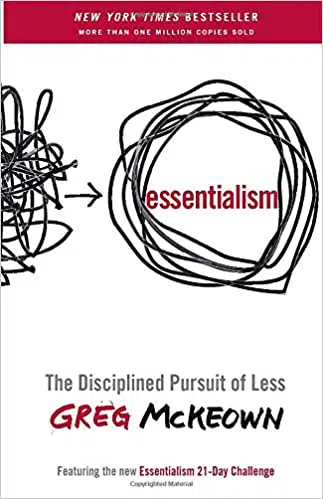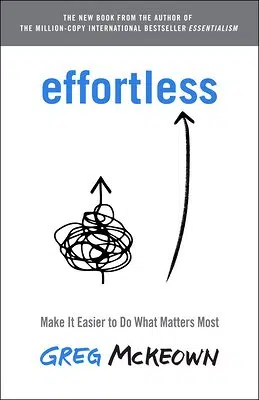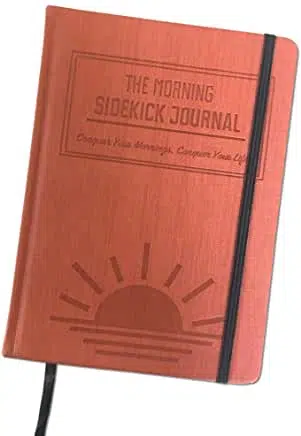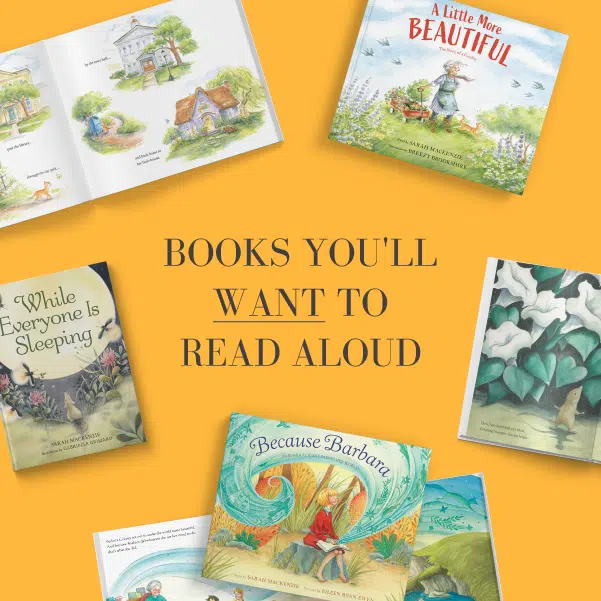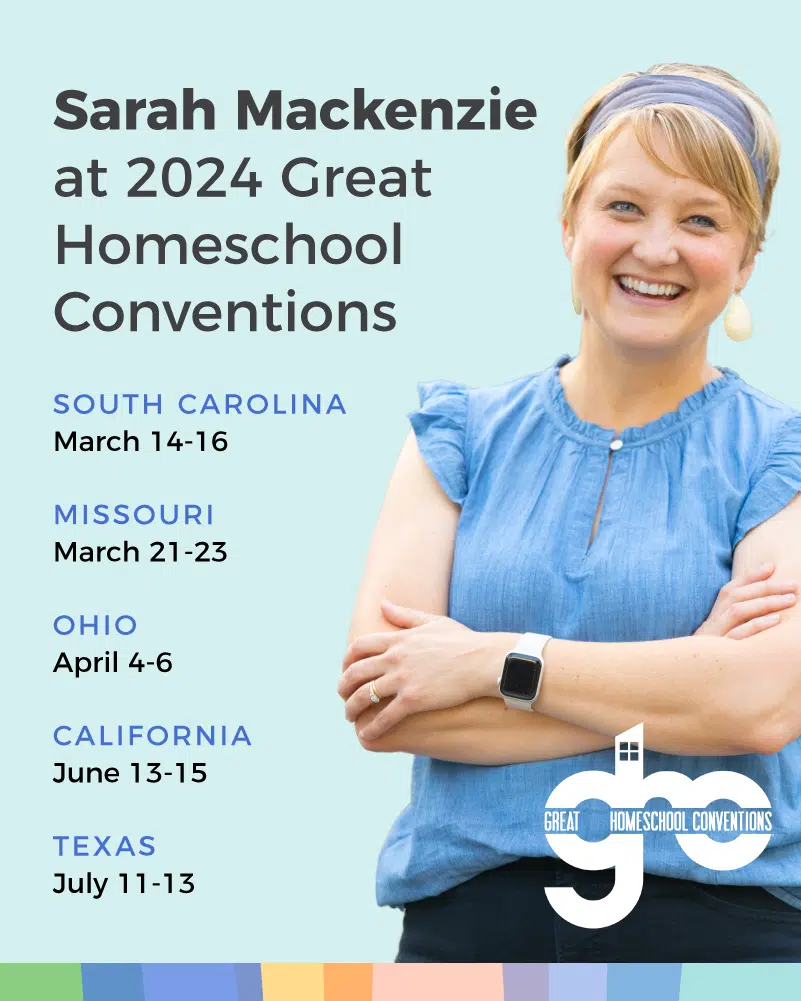Summer is almost here.
And probably, you have things you’d like to do this season. Maybe lots of things! (Perhaps … too many things? 😬)
Not to fear! In this episode, the RAR Leadership Team is back to share an easy tool for determining your direction this summer.
In this episode, you’ll hear:
- how setting a compass will help us this summer
- why (in homeschooling) a compass is more helpful than a map
- questions to ask yourself as you choose your own direction
Click the play button below or scroll down to keep reading.

Feeling Lost
Have you ever been lost? I have … more than once.
The time that comes to mind for me today, though, is when my husband and I were on an anniversary trip to Port Townsend in Washington. The grandparents had the kids and we were just the two of us for 3 days – a rare treat.
Now, if you give Andrew and I a couple of days to ourselves, and I can nearly guarantee you that we will do the following no matter where we are:
- sleep in late
- visit a local bookstore
- enjoy a nice dinner or two
- hike
Oh, the hikes! We love hiking, and on this particular trip, we were hiking in Fort Worden State Park.
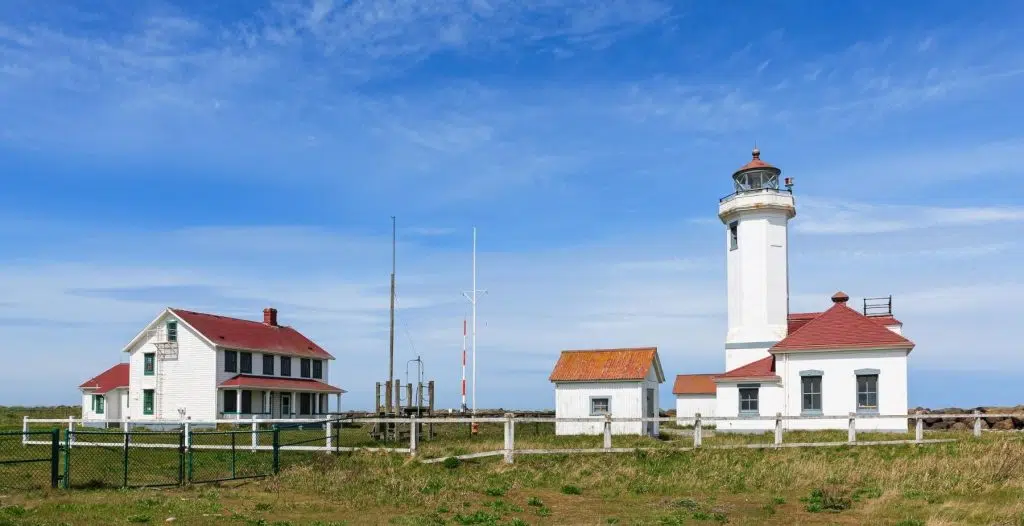
We parked the car and made a beeline for the water, because Fort Worden is on on the northeastern side of the Olympic Peninsula, right on Puget Sound.
Our plan was to hike around the peninsula — 3.6 miles, for the record, then head back to our hotel, shower and get dressed up to go to a fancy dinner out.
Except.
We did indeed hike along the peninsula. And then we kept going…
We ended up hiking hours further than we meant to, and by the time we realized we were not at all on the course we had set out on, we were well outside the state park.
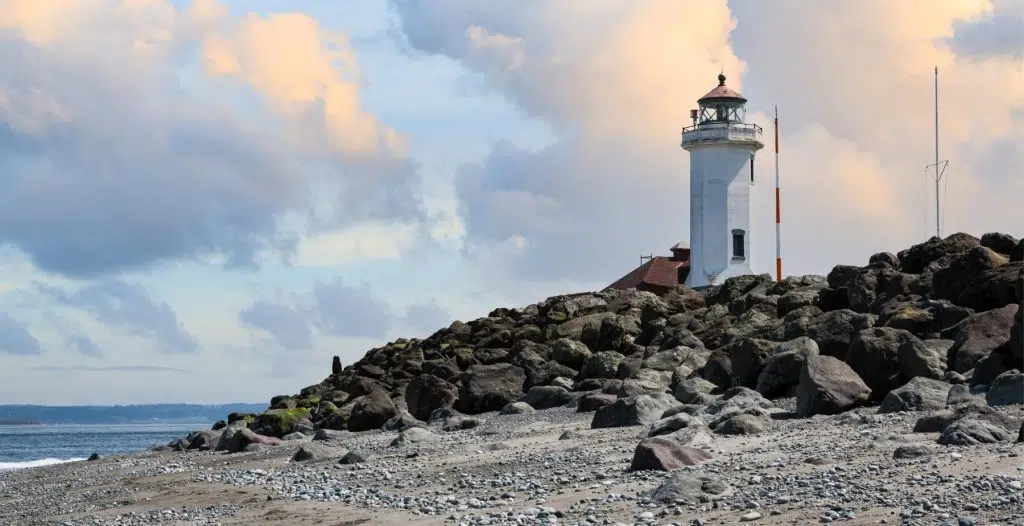
Did I mention it was getting dark? Yes. That too.
In the end, we hiked 8 miles, and given we had not packed for such a hike, we were tired, thirsty, and our feet were killing us. We had zero interest in going out to a fancy restaurant. All we wanted to do was fall into bed with exhaustion.

Why We Need a Compass
A map would have been helpful, to be sure. But do you know what else would have been helpful?
A compass.
We generally think of a map as a set of directions.
A compass doesn’t give us a set of directions. It does, however, point us in the right direction. And that can be just as good … maybe even better.
When it comes to homeschool planning, a compass is more useful than a set of directions.
After all, a set of directions gives you ONE WAY to get to where you want to go, but…
…what happens when a road is closed, when a large object is blocking your path, or when you just get off track and need to find your way back to your true course?
What happens when your child has a learning struggle, or there is an unexpected illness, an unexpected baby, or an unexpected move?
What happens when one of your kids needs twice as long to get through the science book, but can whip through her spelling book lickety split? Or one of your kids is dyslexic? Or all of your kids are dyslexic? Or …?
Well, you get the idea.

That’s When a Compass Comes in Handy
If you want to get to my house in Eastern Washington, you can start from wherever you are. Texas? Head north. Maine? Head west. Florida? Head northwest.
A compass will orient you in the direction you want to go.
In homeschooling, it’s helpful to set our compass – to choose a direction.
You’ll get off track. Your kids will take you by surprise. Your life will take you by surprise.
That’s part of the beauty of homeschooling, after all – to allow us the freedom to give our kids a custom education – something personalized for our students and our families.
Kara and Kortney from the RAR Leadership team joined me on the show to discuss how we’re setting our own compasses this summer, and inviting you to set your compass along with us!
(Fun fact: the first time Kortney and Kara met in person, they drove across a river – each one deeply believing that the other knew exactly what she was doing! 😅)
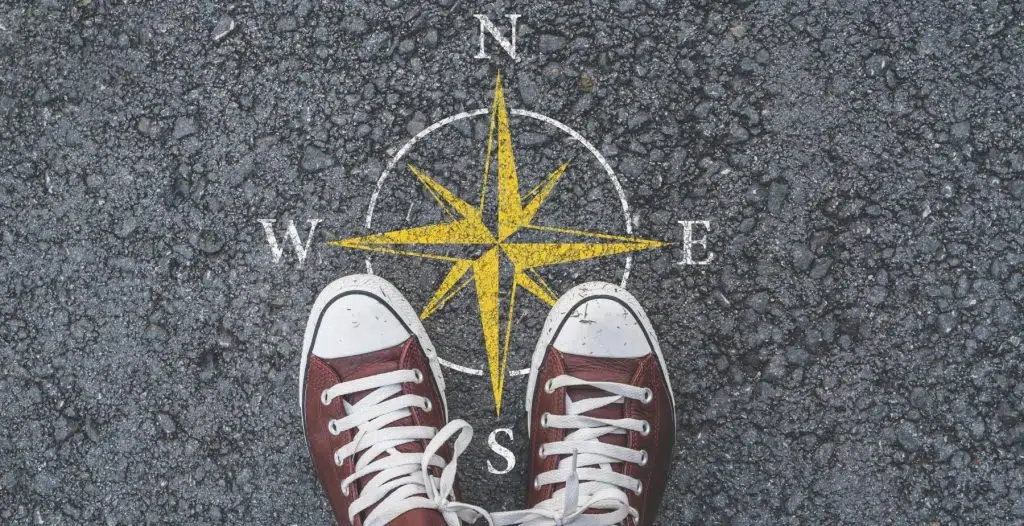
Think if this process we’re sharing as the four points of a compass:
- Choose your direction
- Make it easy and likely
- Hold it loosely
- Plan to return

1. Choose Your Direction
Why do we need to pick a “most important thing” for the upcoming season?
Because none of us has an infinite amount of time or energy to do all the things we want to do all the time in our homeschools.
We can honor that by acknowledging that we have all the time we need to do what we’re called to do.
We’re not looking for a way to “be more productive” or “get more done”—
— but for a way to get the right things done and have a homeschool that we love.
You Can’t ‘Do it All’
I’ve never met a homeschooling mom who says “we covered it all,” and yet so many of us are sure that we’re going to, that we’ve got to.
Yikes.
Kara shared that recently she was feeling very off track. (Super lost in the woods, to use the metaphor above).
She talked with someone about how she wished for a drill sergeant or a mom to tell her just what to do, or at least to make her a schedule.
The friend asked: Did she really need a schedule, or do she need to set her priorities each day?
Now, as part of her morning routine, Kara’s last step is to write out what she needs to do that day, and star the three most important things.
⭐️ ⭐️ ⭐️
Setting Priorities for a Season
It’s also helpful to think in seasons (kids grow and change a lot in a year).
Imagine the upcoming season is over. What will you be glad you made time for? Imagine you’re at the end of the season, having coffee with a friend, and complete this sentence:
“I’m so glad I made time for _______.“
Remember, this isn’t a forever commitment, so don’t worry about getting it right or doing it wrong. If you make progress on any one thing that matters to you, that’s a win.
So just pick something.


The RAR Team is here to share some examples of what this can look like:
Kortney
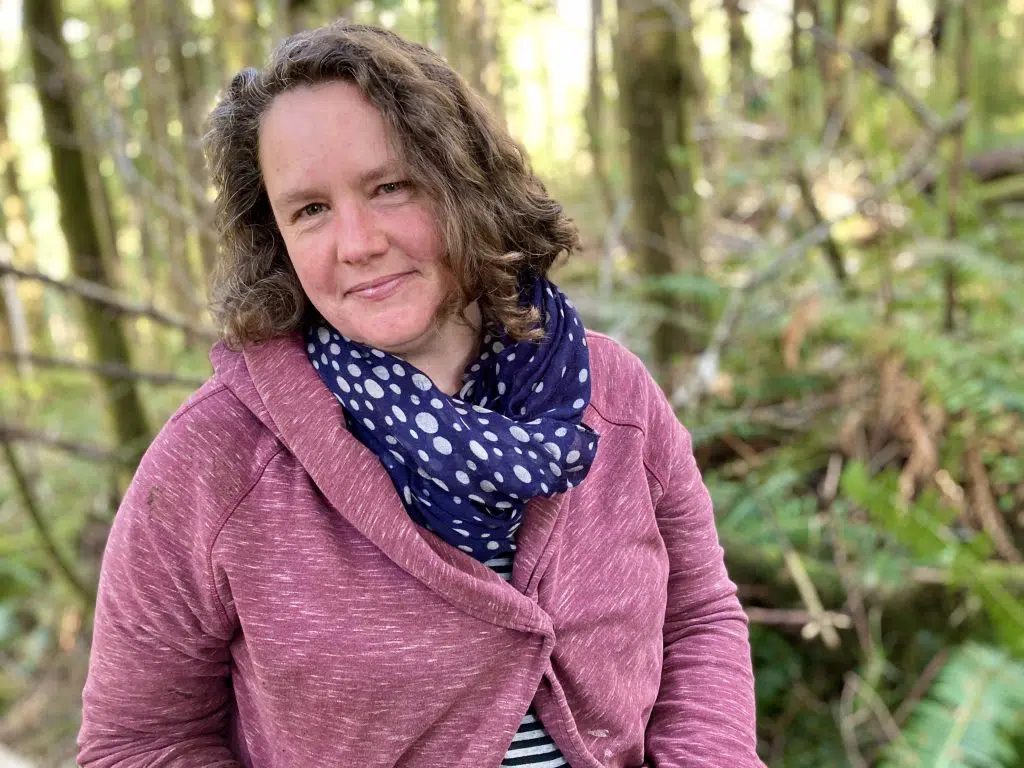
“My daughter is finishing up her first year of high school, and for her science credit, we created a natural building project-based course. So all year long, she’s been reading about cob and natural building. She created an annotated bibliography and a presentation. She’s done soil tests and visited local natural building sites.
The capstone of the project is building a cob oven in our backyard.
So our most important thing is creating time to build as long as the weather holds.”
Kara
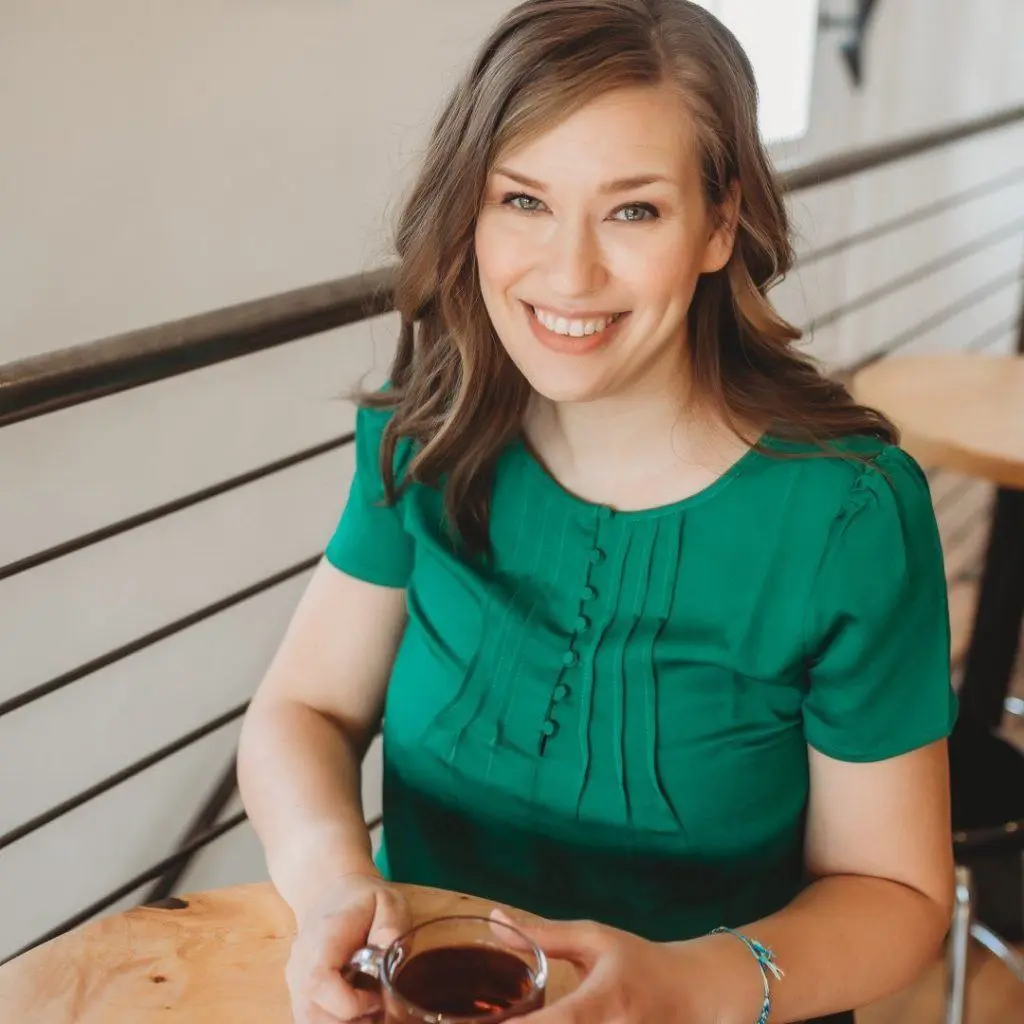
“My most important thing is getting into a consistent morning routine.
This is a REALLY big deal for me, because I am finding I really struggle without a plan for the day. I’m just responding.
So as part of my morning routine, I lay out my day and picking my priorities. I have a journal called The Morning Sidekick Journal that is really helping me get consistent about this, and then I lay out my daily plan in my bullet journal and together those things are already helping so much, but I want to cement this by keeping it up all summer.”
Sarah
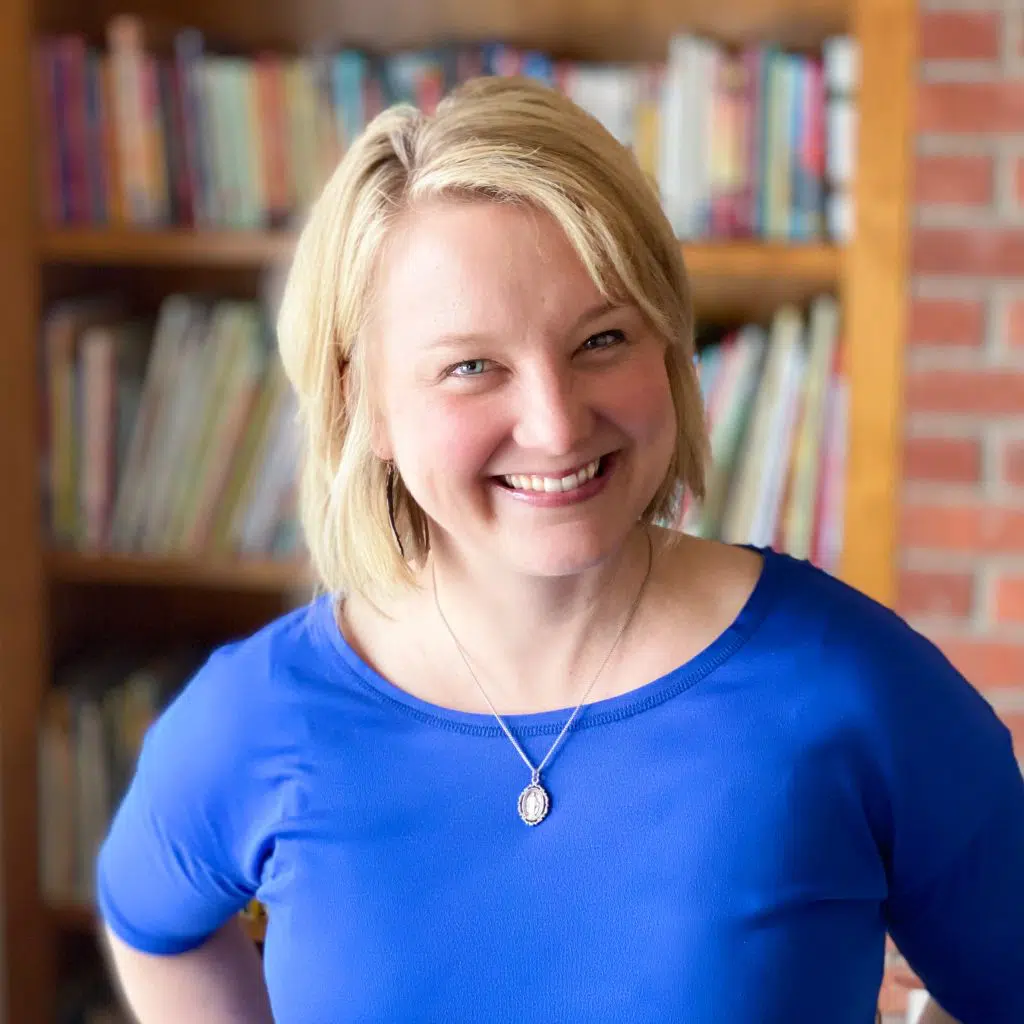
“We have a very full summer ahead of us – the kind of summer that makes you think you’ll need a vacation right about when the new school year starts, just to recover from it. 😅
But at the end of the summer, I’m going to say, “I’m so glad I made time for trips to the pool.”
Naming this as our most important thing will help me make space for it in our weeks, and also will help me not feel guilty when we don’t do other things – like clean the house or get to a lot of read-alouds, for example.”

2. Make it Easier
The next compass point is to ask ourselves how can we make this easier and more likely to actually happen?
We tend to distrust things that are easy or enjoyable as having a lasting impact, but a key to success here is asking ourselves how to make this important thing we’ve picked easy and enjoyable.
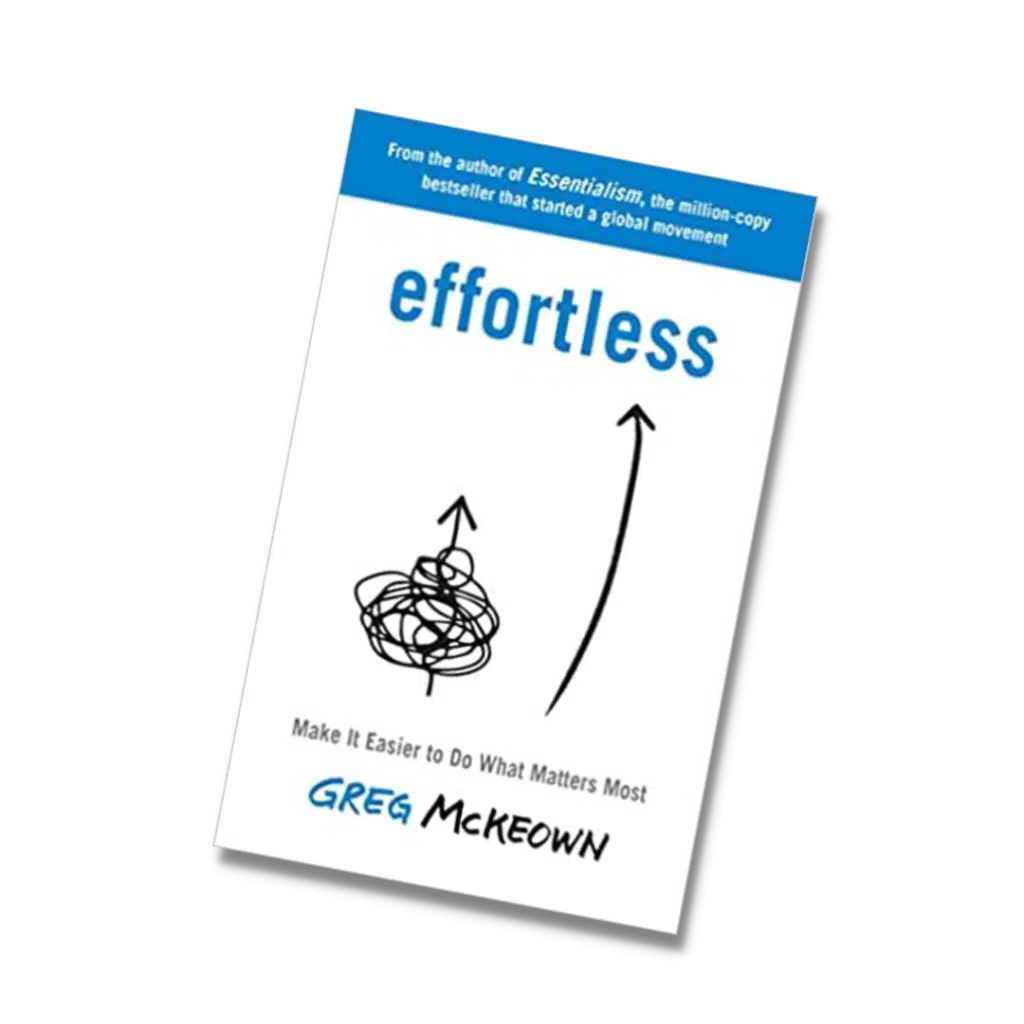
From Effortless by Greg Mckeown:
“When we feel overwhelmed, it may not be because the situation is inherently overwhelming. It may be because we are overcomplicating something in our own heads. Asking the question ‘What if this could be easy?’ is a way to reset our thinking. It may seem almost impossibly simple. And that’s exactly why it works.”
Here’s the thing: homeschooling is hard. Parenting is hard.
We’re not suggesting they are easy.
However, the question, “how can I make this easier?” can really help us set ourselves up for success.
Start Small
Once you’ve asked how you can make the thing that matters easier, the next thing to do is just choose one small step to start.
We homeschooling moms are really, really good at overcomplicating things.
Instead, let’s ask:
What’s one small step I can take in this direction?
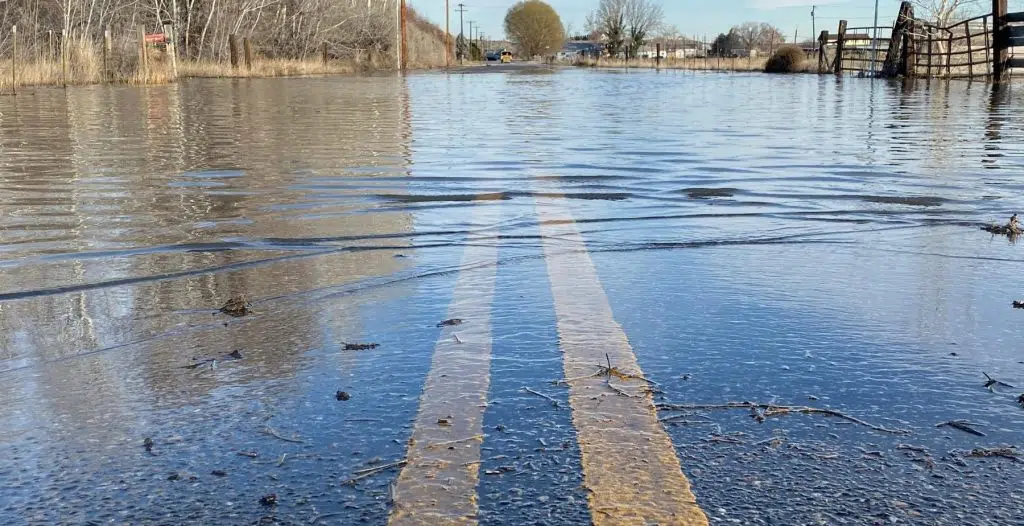
Are there Road Blocks?
Another way to think about this is to consider what might get in your way … and how you can clear that obstacle ahead of time.
For example, if my thing that matters is “going to the library each week”, then I know an obstacle that might come up for me is forgetting to do it until week’s end. So picking a recurring day (i.e. Wednesday is library day) could help.
If we think ahead to where we know we are likely to stumble, it will help us make it easy and likely we’ll get to our most important thing.

Here’s how the members of the RAR Team are making their most important thing easy and likely this summer:
Kortney
“I need to block off chunks of time in our calendar with plenty of margin if we are going to get to this work. This means I am going to have to say No to some things. We’re going to miss some good opportunities.”
(This is so true. Here’s where I think so many of us get stuck: we believe in the “thing that matters,” but we don’t make space to acknowledge that every YES is also a NO to something else we also want to do.)
“Acknowledging that we’re going to miss some good opportunities can help so much here. So can writing down those other things you’d like to do so you can get them out of your head.”
Kara
“I bought that Morning Sidekick Journal that I’d been eyeing for months, and it’s making so much difference.
I think it’s reminding me that what really makes the difference is deciding what’s most important and letting that set our direction each day.“
Sarah
“I think what would make getting to the pool on a regular basis easier and more likely is to create a pool bag and make it live in a place with swim towels, goggles, water bottles, sunblock – everything we need to go to the pool.
That way, “going to the pool” doesn’t have to require a lot of oomph. I can say, “We’re going to the pool – everyone get ready” – and we all know where things are.
Also: a checklist. I’m going to create a short checklist to hang above where the pool bag will live that has a list of what we need, so I don’t have to use brainpower.”

3. Hold it Loosely
Next, remember that planning is guessing.
Kortney shared this in our episode:
“Every plan is a guess, because we can’t see the future. No one planned for a worldwide pandemic, for our co-ops to close, for our husbands to be working at home.
So we make our plans, and then we hold them very, very loosely because we know that God is at work even when the world has turned upside down. And so we can relax.”
And actually… “relax” comes from the Greek word “lax”, which means “loosen.” So to “relax” means to loosen again.
And that’s what we’ve got to do in our homeschools. We make plans, we set goals, we decide which direction we want to go, and then we loosen our expectations again and adjust.
This doesn’t devalue our plans, but keeps our plans in their place.
A Compass, Not a Map
There’s a reason we call this a seasonal compass and not a map.
A compass doesn’t tell you every step along the way – it just points you in the right direction.
If you run into an unexpected obstacle, a river that flows right over the road (for instance!) you can reroute and know that you’re still heading in the right direction – just because it’s not a straight line doesn’t mean it’s not working.
This is where your genius comes in.
This is where the work comes in.
This is where you get to shine.
Relax – loosen your grip – and remember they were just educated guesses, anyway.

4. Plan to Return
Finally, make a plan to return to this next season.
As we mentioned, this is not a forever commitment – you’ve just picked your priority for the upcoming season.
You can reset your compass next season. So go ahead and put it on your calendar to do that in about 3 months for the next quarter.
In the meantime…
… when you worry you aren’t doing enough (and you will!), jot down whatever you’re worried about. You can consider these when you plan your next seasonal compass.

You’re planning to worry about this … later. 😉
And you’ve already got the time to think about it on your calendar, so it won’t slip through the cracks!

Set YOUR Compass
Now it’s your turn. Can you decide where to point your own summer compass?
Remember our compass points:
- Choose your direction
- Make it easy and likely
- Hold it loosely
- Plan to return
Imagine yourself at the end of the summer, and finish that sentence,”I’m so glad I made time for ____ this summer.”
Ask yourself how you can make that easier and more likely to happen.
Remember to hold it loosely.
And make a plan to return in a quarter to reset your compass for a new season.

Books mentioned in the show



You might also like…
- Let’s talk about loving your homeschool life
- 10 homeschooling mistakes I’ve made (so you can avoid them)
- Becoming your child’s mentor and awakening wonder
More free resources and booklists
Get the best episodes and reources
from the Read-Aloud Revival

